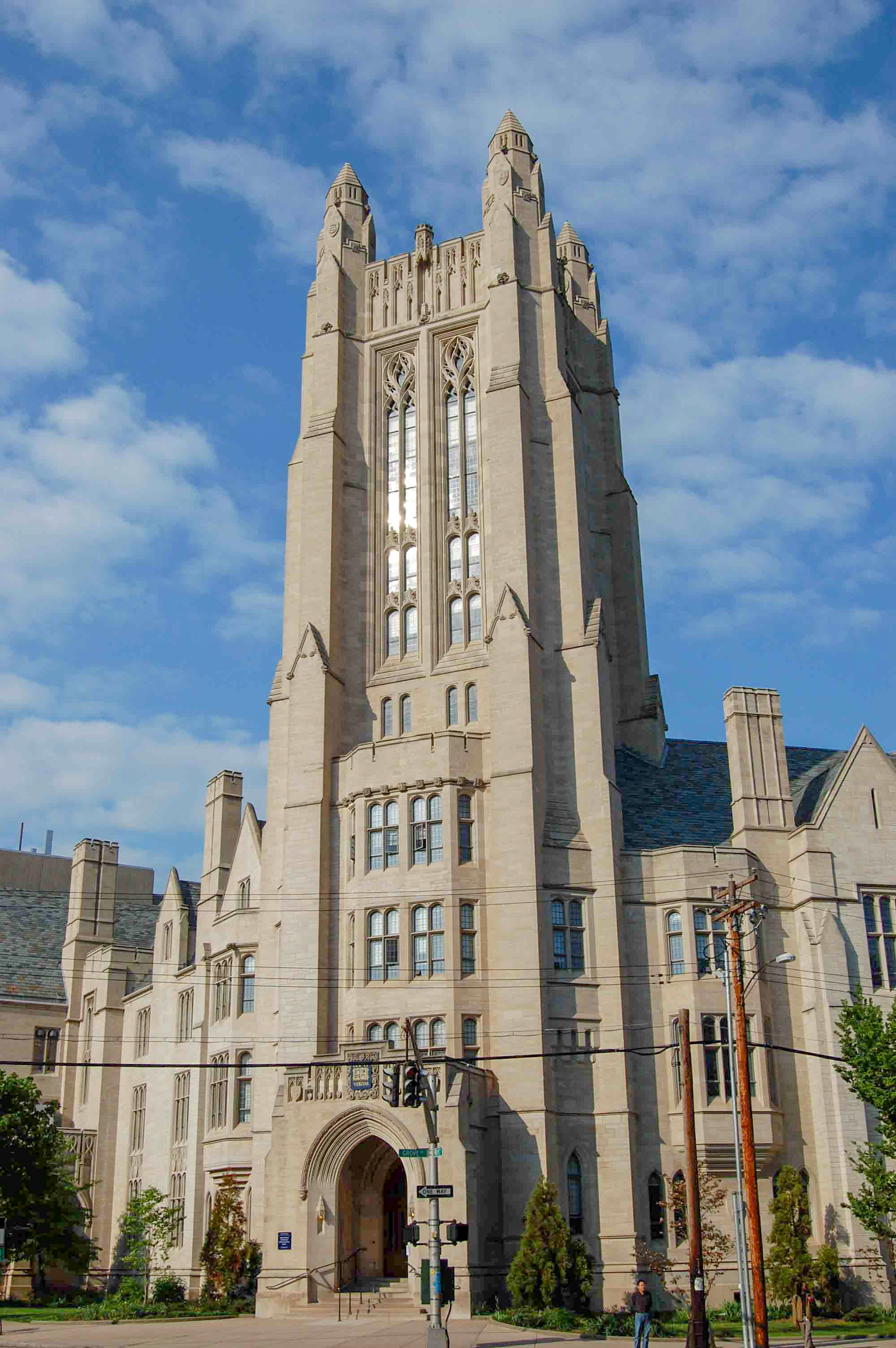
Yale Daily News
The First-Year Scholars at Yale program, a summer program in its sixth year that helps roughly 60 incoming Yale students from under-resourced high schools acclimate to Yale, will receive new support this year in the form of additional faculty members, residential college deans and a Woodbridge Fellow.
A review conducted in fall 2017 by the FSY Program Advisory Committee and the FSY Ad Hoc Committee concluded that the program has had a positive impact on students, improving community bonds and inculcating a sense of belonging at Yale while also reaching “a population not served by other resources well,” Yale College Dean Marvin Chun wrote in an email last week to former FSY students. The improvements to FSY, Chun added, are intended to carry out the recommendations put forward by both committees to offer more quantitative reasoning training for interested FSY students and provide greater community and academic resources for FSY and first-generation, low-income students.
“The FSY Program will be linked more closely with the Center for Teaching and Learning (CTL) through the addition of a Woodbridge Fellow, who will support students’ academic transition to college and develop programs to assist first-generation/low-income (FGLI) students,” Chun wrote. “In addition, more residential college deans will be involved in FSY. The increase will not only introduce FSY students to multiple deans; it will allow them to draw on the deans’ community-building expertise during the five weeks that FSY students are on campus.”
Yale Summer Sessions Associate Dean Jeanne Follansebee, who will continue to lead FSY this summer, said “we are all very excited” about the new support for FSY and first-generation, low-income students that Chun announced last week.
FSY’s new Woodbridge Fellow has not been appointed yet, but will begin work in July and develop programming to help first-generation, low-income students during the school year, even after the summer program concludes. The fellow will also manage new resources in the CTL Academic Strategies Program to help students. While the regular school year is in session, Associate Vice President of Student Life Burgwell Howard, rather than Follansbee, will oversee these initiatives.
FSY has grown significantly since its inception in 2013. Just two years ago, the program increased its enrollment from 35 to 48 students. In 2016, that number went up to 60 students. Students in FSY participate in tuition-free coursework, such as an English 114 writing seminar, as well as other activities, trips and seminars to facilitate their transition to life at Yale.
Student alumni of the FSY program applauded Yale for trying to help all first-generation, low-income students, not just FSY students. John Kauffman ’19, who participated in FSY and was a FSY counselor, said the initiatives represent “a great step forward for the FSY community and the future of the program as a whole.”
The Yale College Dean’s Office will also continue to hire its usual staff counselors and residential director for FSY.
According to Chun, the increase in the involvement of residential college deans in FSY should allow FSY students to benefit from the dean’s “community-building expertise” while they are on campus and make early relationships with the deans.
“We only had one dean, Dean Ruiz of Hopper, and although she was very nice she’s already leaving Yale,” said Seth Anderson ’20, who participated in FSY, referring to April Ruiz, Hopper’s recently departed dean. “The rapid turnover rate of deans recently I think makes it harder to have a consistent contact throughout all four years, so I think having more deans involved is a great way to increase students’ exposure to faculty and increase the chance that they have a contact all four years they are here.”
Praising FSY for expanding its quantitative reasoning program for students, Anderson also noted his hope that FSY will eventually teach classes in chemistry, biology and physics “as a way to help more students like me who lacked a strong preparation in the sciences, which are particularly grueling here and sometimes graded on a curve.”
Karli Cecil ’20, who attended FSY and will be an FSY counselor this year, said she approves of the new FSY initiatives and especially hopes FSY’s summer programming will begin to carry over into the academic year under the tutelage of the new Woodbridge fellow.
“Appointing a Woodbridge fellow as a resource during the academic year as well as integrating more deans and academic mentors into the program really emphasize the idea that FSY isn’t just a program that you are a part of for a summer,” Kaufman said. “It’s a community that is always here for you throughout your time at Yale.”
Britton O’Daly | britton.odaly@yale.edu







